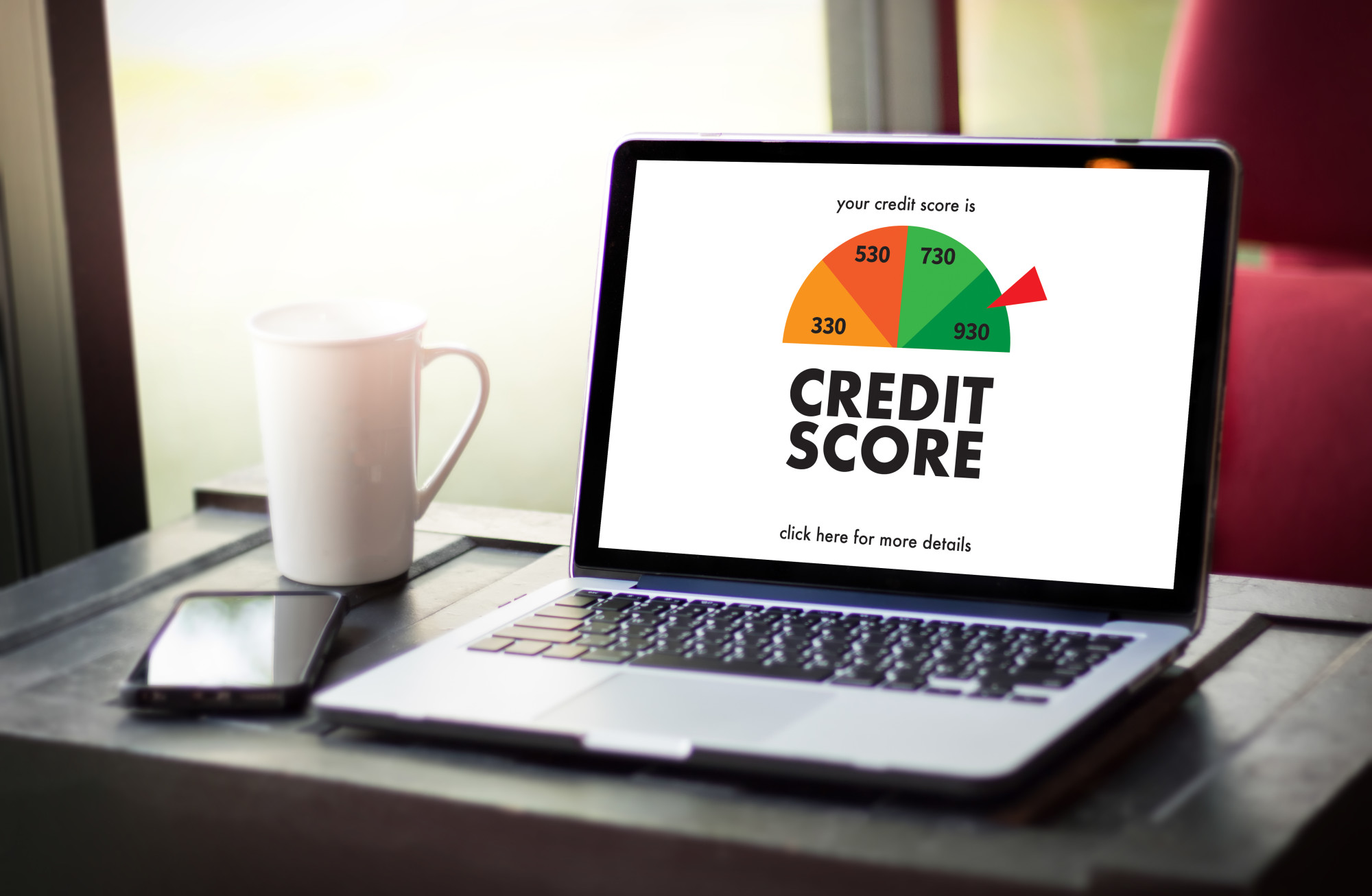The housing market has been skirting the top of the charts for some time now, but experts think a crash is on its way.
Sounds like bad news, right? Not if you’re a homebuyer.
When the market crashes, prices will be at an all-time low – and there’s no better time to buy.
But instead of sitting around and waiting for the market to crash, there are a few things you can do to get yourself and your credit prepared for purchasing a new home.
Read below to learn 4 top tips for building credit to buy a house.
Table of Contents
Get to Know Your Score
Knowing and tweaking your credit score is perhaps one of the most important home buying tips you’ll come across. But, before you can do anything to improve your score, you’ll need to know what you’re working with.
There are a few ways that you can check your credit score.
The most accurate and official way to check your score is through TransUnion or Equifax.
Federal law entitles you to a free copy of your credit score once a year, but after that, you’ll need to pay for any additional checks.
Another way to check your credit score is through free sites like Credit Karma. These sites aren’t always completely accurate, but will give you a pretty good ballpark of where your score is.
The last way to check your credit score is by applying for a new line of credit. We don’t recommend using this as a means to check your score, but if you’re already planning to apply, you should know that it’s required for creditors to give you a copy of your credit score after they’ve pulled it.
It’s All About Debt to Income Ratio
Now that you know what you’re working with, you’ll first want to look at your debt to income ratio. In other words, how much money do you owe and how much money do you make?
When you’re applying for a new line of credit, especially one big enough for a new home, creditors will want to see that you make enough money to cover your debt.
Additionally, you want to keep your credit card utilization down below 30%. This shows creditors that you regularly use your credit, but at the same time are responsible in keeping it paid off.
Let Your Credit Age Gracefully
Another thing that creditors look at is the age of your credit. New credit can be just as bad, if not worse, then bad credit.
Unfortunately, there isn’t much that you can do to help the age of your credit. This is one of those things that only time can manage.
However, be sure to keep your oldest lines of credit open, as they determine the official age of your score.
Dispute Any Inaccuracies
And, finally, always dispute any inaccuracies.
There are more than 300 million people in America, and everyone has a credit score. It’s no surprise that inaccuracies happen on occasion.
You can easily dispute any inaccuracies on your credit report through any official credit reporting.
Building Credit to Buy a House Doesn’t Have to Be a Battle
Your credit score vastly depends on you and how you manage it. While some believe that the credit system is built unfairly, others have mastered the art of building and maintaining credit.
You don’t have to be rich or go to college to have good credit. All it takes is the right know-how, some time, and a little bit of extra effort.
Follow these steps and you’ll be well on your way to building credit to buy a house, just in time for the next housing market crash.
Browse through the rest of our site for more ways to help you live your best life.



















